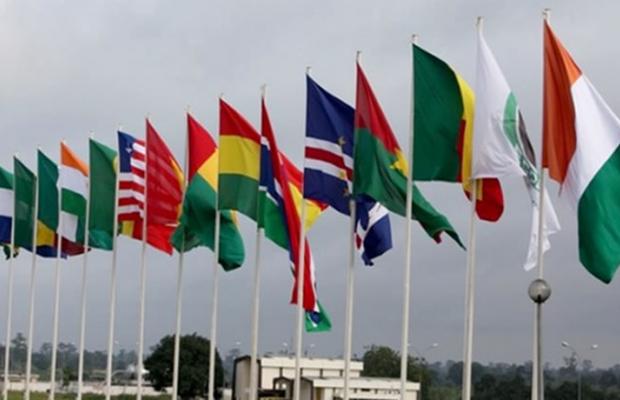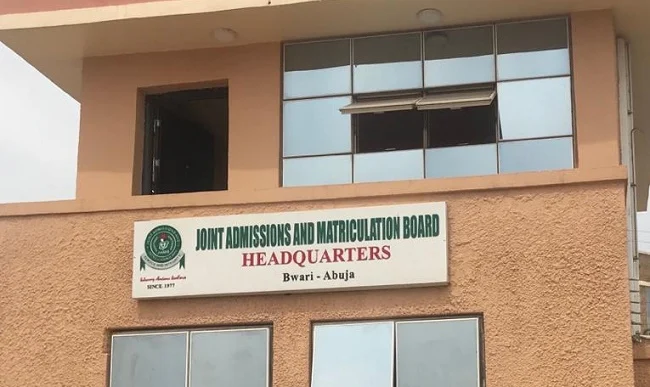BY JOHN KOKOME
Once the pride of Africa’s political rebirth, democracy now stands battered by corruption, manipulation, and military coups. But all hope is not lost.
Democracy, once hailed as Africa’s long-awaited dawn of accountability and people’s power, seems to have gone on retreat. The excitement of the 1990s when the winds of multi-party elections swept across the continent has faded into fatigue. Today, the continent’s democratic promise is giving way to military juntas, constitutional manipulation, and the erosion of trust in elected governments.
From the Sahel to the Horn of Africa, the signs are unmistakable. Mali, Burkina Faso, Niger, Chad, and Gabon have all witnessed military takeovers in recent years. Yet, instead of condemnation, many citizens welcomed them. When soldiers seized power in Niger in 2023, the streets erupted in celebration, not protest. For ordinary Africans weary of corrupt civilian leaders, the uniform began to look more credible than the ballot box, a tragic reflection of democracy’s decline.
Advertisement
But the problem runs deeper than coups. It is the corrosion of democratic values and institutions. Across the continent, constitutions are rewritten to extend presidential terms or entrench political dynasties. In Uganda, Cameroon, and Rwanda, leaders have outlasted generations, manipulating laws and silencing dissent to stay in power. Elections, once sacred expressions of the people’s will, have become expensive rituals of deceit. The results are often predetermined, and opposition figures are routinely harassed, exiled, or jailed.
External actors have also played a part in this regression. Western powers preach democracy but often support strongmen who serve their economic or strategic interests. Meanwhile, China and Russia promote alternative governance models that prioritise control over liberty. African leaders exploit this geopolitical rivalry to entrench themselves, while their citizens grow increasingly disillusioned.
Internally, the democratic decline is most visible among the youth. Africa’s young people who make up over 60 per cent of the population and have become alienated from politics. Unemployment, poverty, and corruption have turned democracy into an empty slogan. When elections no longer translate into better lives, the system loses legitimacy. For many young Africans, democracy has failed to deliver jobs, justice, or dignity.
Advertisement
Yet, despite the setbacks, democracy in Africa is not dead, it is merely on pause. There are still pockets of hope. In Kenya, civil society groups continue to challenge corruption and demand accountability. In Senegal, young activists have mobilised through social media to influence political change. In Nigeria, the #EndSARS movement showed that citizens, especially young people can unite to demand reform and justice. These movements, though often suppressed, show that democracy’s spirit still breathes beneath the continent’s political fatigue.
The just concluded presidential election in Cameroon, with the 92-year old incumbent President Paul Biya winning an 8th term in office has further shown that indeed Africa’s democracy is dangerously threatened by some ‘sit-tight syndrome’ driven Africa leaders who are bent on destroying all the democratic principles and institutions in the continent.
Reviving democracy will require courage and honesty. African leaders must understand that legitimacy cannot be imposed, it must be earned through transparency, justice, and inclusion. Regional bodies like ECOWAS and the African Union must also rise beyond rhetoric to enforce democratic standards consistently, not selectively. Most importantly, African citizens must reclaim their voice. Civic education, youth participation, and a free press remain vital tools for holding leaders accountable and keeping democracy alive.
Democracy in Africa may be on recess, but it is not on retirement. The pause offers a chance for reflection a moment for both leaders and citizens to reconsider what kind of governance truly serves the people. The future of democracy on the continent depends not on the barracks or foreign capitals, but on Africans themselves. What is needed now is courage, the courage of citizens to demand better, and the humility of leaders to accept that power belongs not to them, but to the people.
Advertisement
Because even when democracy dozes, it never truly dies. It waits patiently for the people to ring the bell again.
John Kokome, a communications strategist and public affairs analyst, can be contacted via [email protected]
Views expressed by contributors are strictly personal and not of TheCable.






